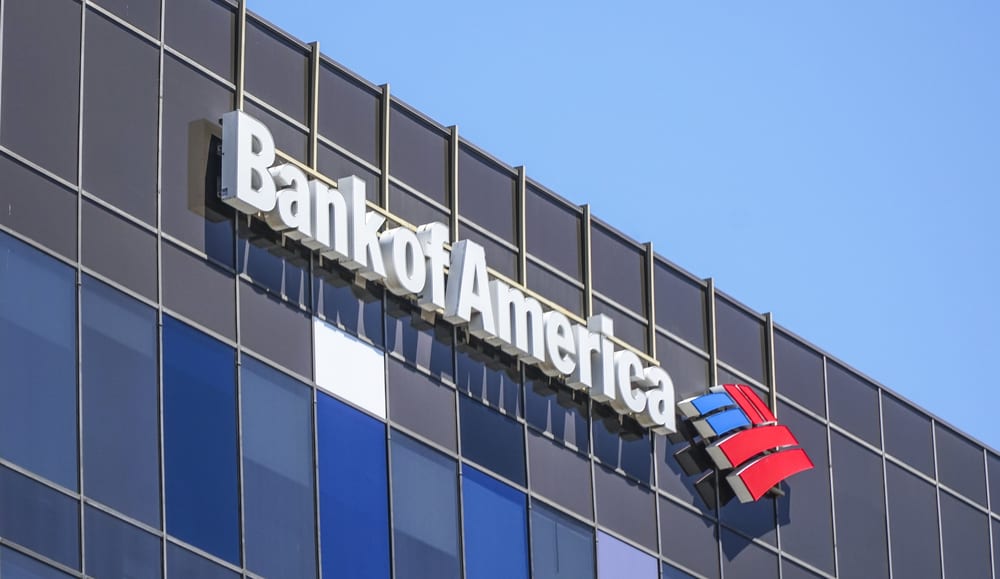Bank of America has released a research report highlighting the transformative potential of tokenization in the next five to 15 years.
Tokenization, which involves converting real-world assets into digital tokens on a blockchain network, could revolutionize financial and non-financial infrastructure, according to the report.
The report emphasizes the wide-ranging implications of tokenization across various sectors.
BofA’s Cryptocurrencies Research Team believes that the adoption of tokenization will redefine value transfer, settlement, and storage in all industries, leading to a transformative infrastructure revolution.
Tokenization has the potential to reshape asset management and trading over the next decade, offering increased efficiency, liquidity, and reduced transaction costs.
By representing assets as tokens on a blockchain, traditional complexities associated with intermediaries and paperwork can be minimized, enabling faster and more efficient transactions.
Bank of America suggests that the mainstream adoption of digital assets through blockchain technology will occur much faster than previous disruptive technologies like radio, television, and email.
The bank predicts rapid momentum among financial institutions and corporations in implementing blockchain technology due to the untapped efficiencies it offers.
The report clarifies that distributed ledger technology and tokenized traditional assets should not be confused with cryptocurrencies.
While blockchains record the ownership of the thousands of tokens in the digital asset ecosystem, BofA expects most of the current tokens to disappear within the next ten years.
The report explores various applications of tokenization in the digital realm, acknowledging that some tokens lack inherent value but can attract attention by representing a community’s value.
It provides examples such as memecoins like Shiba Inu (SHIB) and Pepecoin (PEPE) that gained significant attention despite their lack of utility.
However, the report recognizes that other tokens serve distinct purposes.
Furthermore, the report highlights the importance of certain digital assets, even if they lack intrinsic value, due to the emergence of public permissionless blockchains like Bitcoin and Ethereum.
These decentralized networks require tokens as incentives for participants involved in processing transactions within the network.
In conclusion, Bank of America’s research report emphasizes the transformative role of tokenization in finance and beyond.
Tokenization has the potential to revolutionize asset management, enhance efficiency, increase liquidity, and reduce transaction costs.
The report anticipates rapid adoption of digital assets and blockchain technology, driven by the efficiency gains they offer.
Other Stories:
Cboe Resubmits Bitcoin ETF Application With Fidelity, Collaborates with Coinbase
Shiba Inu Twitter Scam Exposed By ‘Shibarmy Scam Alerts’
U.S. Federal Reserve Certifies 57 Companies to Utilize ‘FedNow’ Instant Payments System




